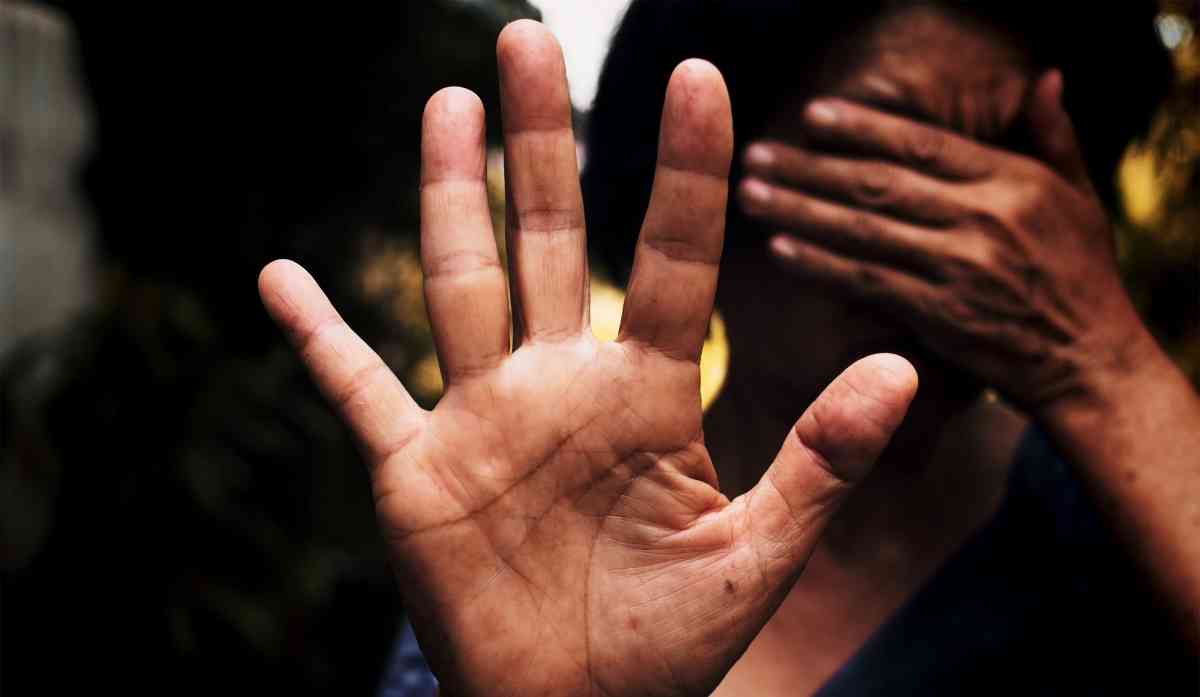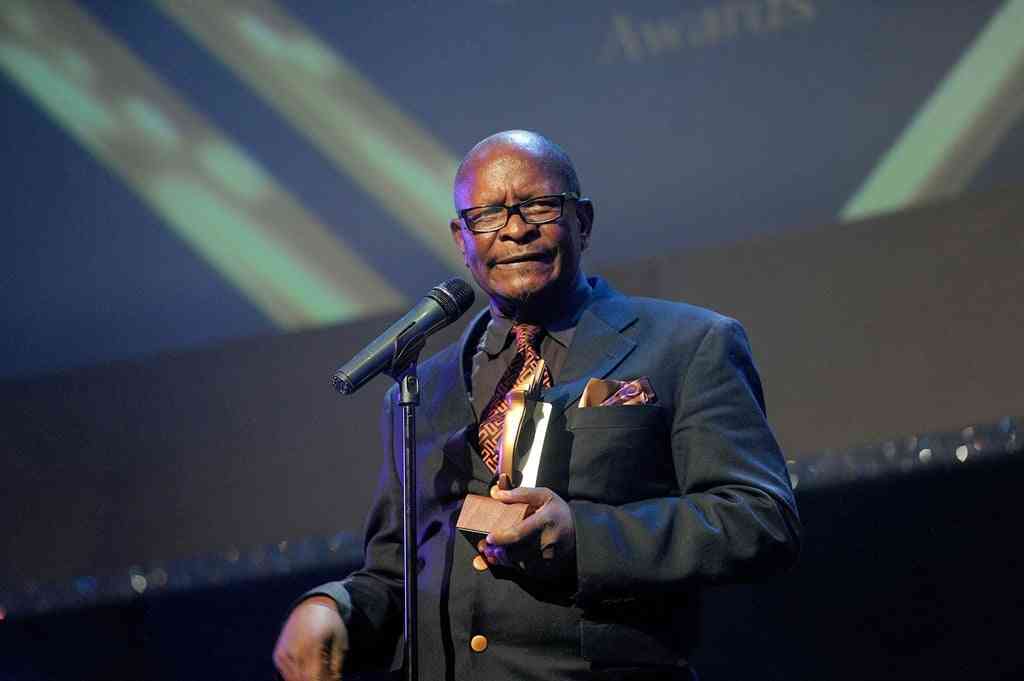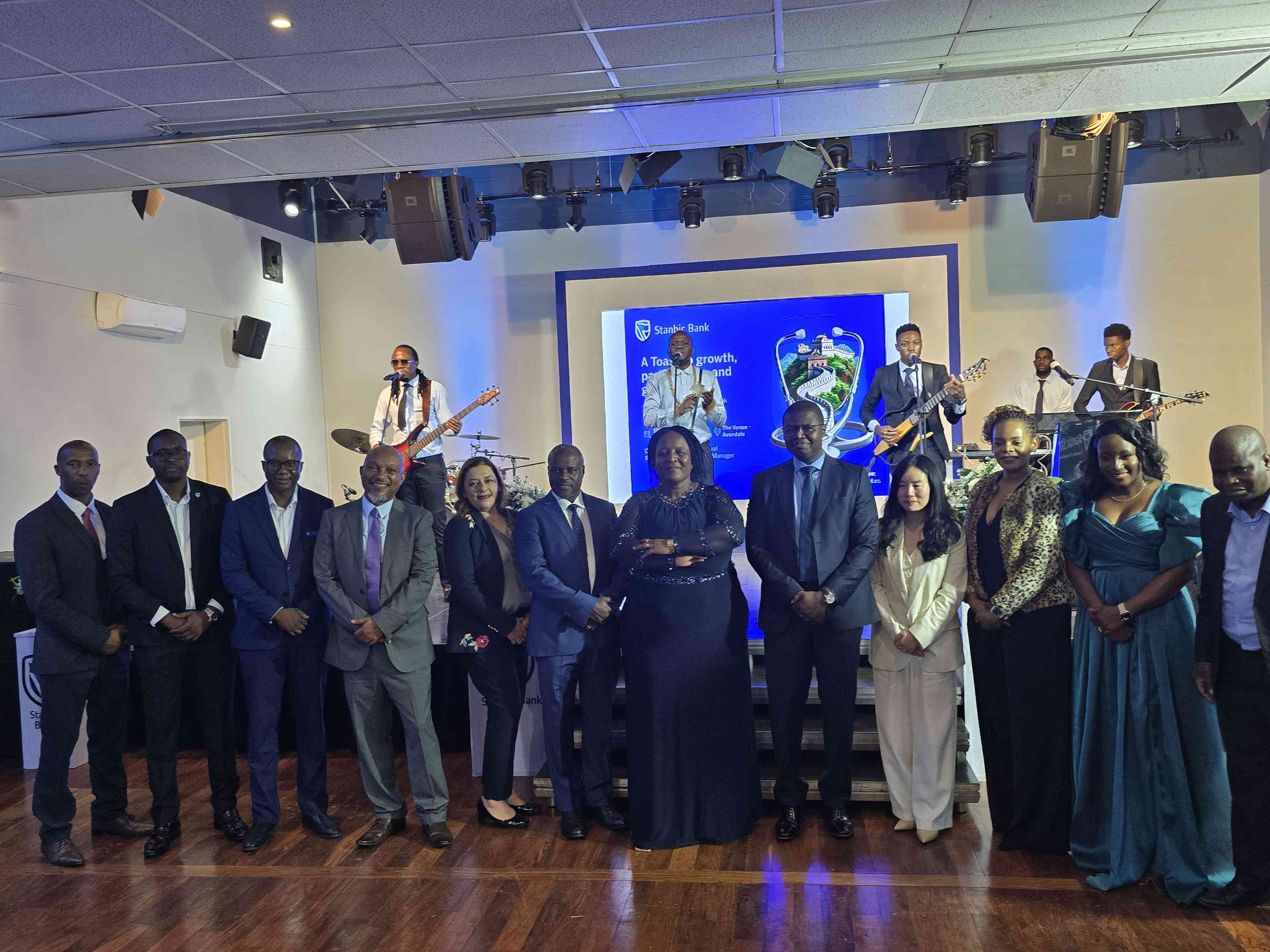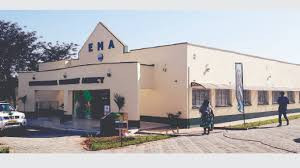
THIRTY-FOUR-YEAR-OLD Tarisai Warikandwa had lost hope of enjoying her marriage as her husband of 10 years continuosly bashed her at the slightest provocation. "My husband would beat me up from time to time, sometimes for no apparent reason. I had become used to the abuse. Usually, he would start harassing the children before turning his anger on me,” she recalls.
Like many victims of domestic violence, she had to “normalise” the dreadful situation.
Her abuse was clear for the world to see as neighbours would console her each time she was assaulted by her husband.
She had resigned herself to fate and was only living for her children.
It took one event to get her back to her senses.
"One day my husband came home as usual, and started shouting at me for what I couldn't understand or acknowledge. I tried asking where I had gone wrong, and he picked a metal bar and started beating me. Neighbours tried to intervene when he brought an axe threatening to strike me.
"They apprehended him and took me to safety. While at the hideout, the neighbours knocked some sense into me. I realised if I do not act, I would die from the abuse, leaving my beloved children orphaned," she said.
It was during the period when the One Stop Centre in Epworth was opened to the public in 2021.
- Ngozi Mine’s young mothers suffering in silence
- Ngozi Mine’s young mothers suffering in silence
- Village Rhapsody: Engage men to end gender-based violence
- Chics’ Galaxy: Takawira fights in the girl child’s corner
Keep Reading
Warikandwa was advised to report her case to the centre.
"I went there the following morning before my husband could figure out where I had escaped to during the night. I remember sitting in the counselling room and all I could do was cry. The pain of seeing my children suffer from effects of the abuse was too much to bear."
"I told the counsellor that I wanted to maintain my marriage but was afraid of my husband. They suggested we take the legal route, to get a peace order. I didn't want to delay the case and was distraught at the mention of going to the police. I feared my husband would spot me along the way, forcing me to abort the mission midway," she said.
Much to her relief, she was told she would get all the help available as there was a legal advisor as well as the Police Victim-Friendly Unit housed at the same centre.
"My case was dealt with and I returned home. I would report my husband each time he tried being violent. In the end, he was called in for counselling. That was the turning point in my marriage as he gradually changed. Now we are living peacefully, the children are happy no one is being beaten up or harassed. I wish I had known of these services earlier," she said.
Warikandwa never ceases to be an advocate for the centre as she now takes it upon herself to assist victims of domestic violence to get to the One Stop Centre for assistance.
With only one centre to cater for thousands of Epworth residents, it is a long journey before a violence-free society is achieved.
While addressing journalists at the centre recently, United Nations Population Fund (UNFPA) regional director for eastern and southern Africa Lydia Zigomo said more is needed to promote an environment free of violence and abuse, especially towards women and girls.
"Epworth has 250 000 or more people, therefore, the One Stop Centre cannot accommodate everyone. We need more of these. As a short-term measure, they are using mobile centres which are very useful in raising awareness but in the same token, mobile centres can operate for several hours in a day while the static one is open 24/7, so we need more of those."
"These can be located across Epworth to be able to cater for the needs of the people in their large numbers because more cases are coming up," she said.
There are six One Stop Centres across the country so far.
Epworth One Stop Centre administrator Annalisah Muzenda said they provide counselling, legal aid and police victim-friendly services.
"We have been assisting survivors of gender-based violence since October 2020. Through the centre and the linkages, survivors have managed to access the temporary shelters, antenatal care (ANC) booking, we have pregnant survivors who are vulnerable and do not afford to access the ANC bookings we have other stakeholders to provide such services," she said.
Muzenda said they receive extreme cases of violence and sexual abuse from time to time.
UNFPA has been working with partners to implement a wide range of interventions to reduce gender-based violence (GBV) and to increase availability and utilisation of GBV services by survivors and perpetrators.
The key thrusts of the programme include increasing awareness of gender responsive laws and services and women's rights, strengthening of the GBV referral pathway, provision of direct services, including legal aid and psychosocial support, and mobilising men and young people to support gender equality.
GBV affects one in every three women globally, according to the World Bank.
In Zimbabwe, 40% of women aged 15-49 have experienced physical and/or sexual violence by an intimate partner, including 19% who suffered such violence during the previous 12 months, according to the Zimbabwe National Statistics Agency and Unicef.
Reports suggest that GBV intensified during the COVID-19 pandemic, perhaps because isolation made it harder for victims to escape abuse and access support, according to fact-checking organisation, ZimFact.
A Unicef report says GBV remains both prevalent and vastly under-reported as many survivors decide to suffer in silence rather than risk stigmatisation or an unresponsive legal system.










